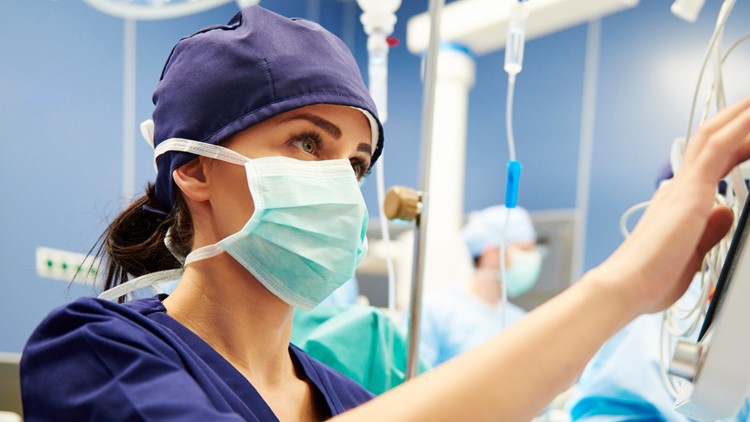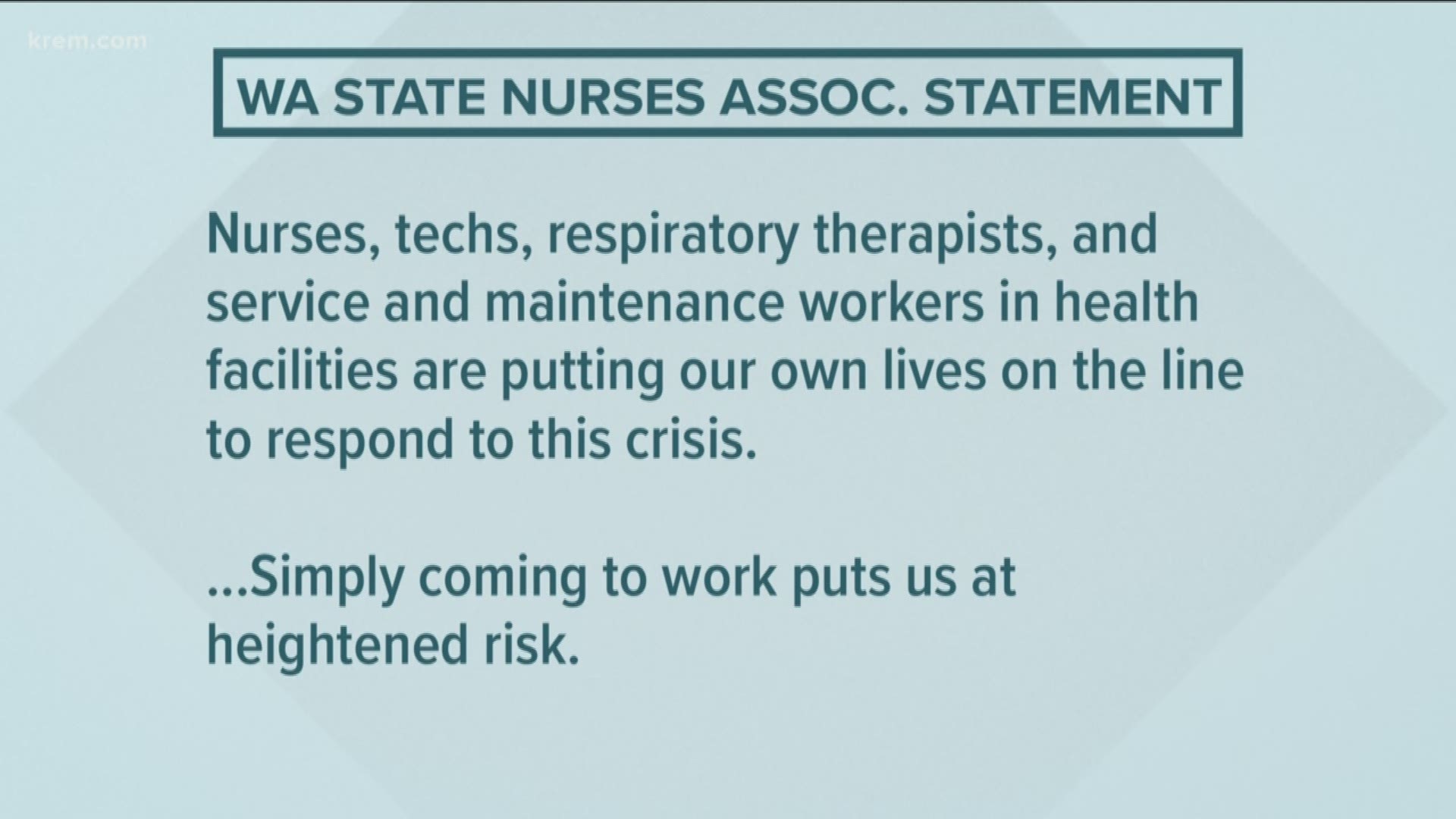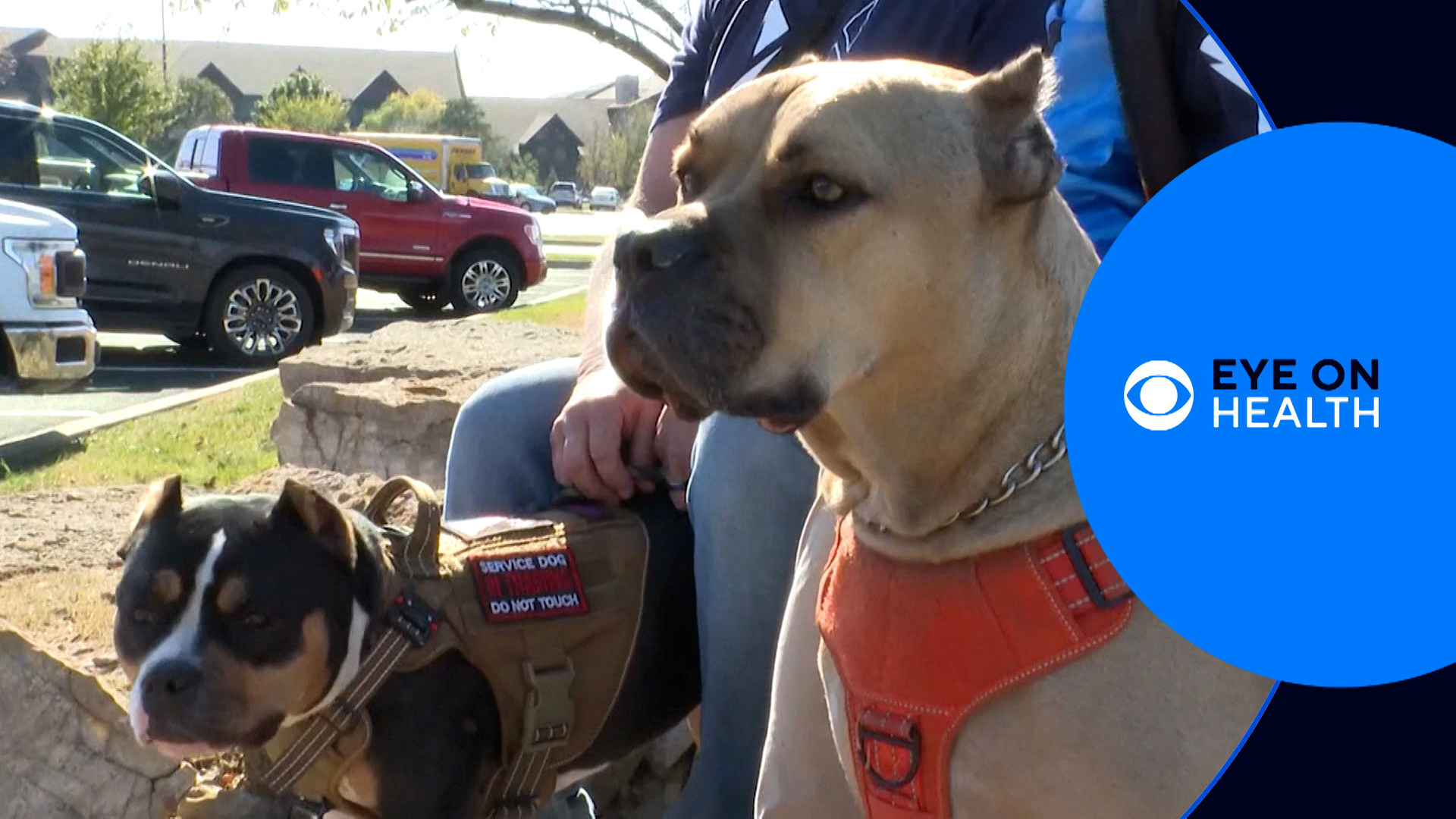SPOKANE, Wash. — Washington nurses are calling for more personal protective equipment (PPE) ahead of Gov. Jay Inslee's plan to allow elective surgeries to restart in the state.
Inslee said this that elective medical procedures, outdoor recreation and some construction are likely to be among the first industries to return to business, with new safety and health measures in place.
The Washington State Nurses Association writes that 89% of nurses represented by the union in 75% of the largest represented hospital and facilities are delivering care without sufficient PPE.
Several healthcare unions have expressed concerns since early April about equipment shortfalls, including reused, ineffective respirators and face shields that are re-worn without proper cleaning.
Reopening elective surgeries will unintentionally create competition for protective gear and further strain nurses' ability to safely care for suspected and confirmed COVID-19 patients, the WSNA wrote in a statement.
“The vast majority of hospitals and facilities where our nurses work continue to operate at crisis or contingency levels as regards personal protective equipment. That means things like masks and gowns are worn for extended periods and between patients. It means masks, N95s and face shields are getting cleaned and reused with methods outside of manufacturers’ recommendations," said Sally Watkins, executive director of the WSNA "This cannot become the new normal.”
Hospitals in more rural areas, including Pullman, have been forced to cut staff pay or are in danger of closing in part due to the current ban on elective surgeries.
WSNA representatives also identified the need for coronavirus testing availability and contract tracing, measures that Inslee has stressed in ramping up the state's response to the virus.
Last week, unions representing Washington health care workers reiterated the need for hazard pay.
The Washington State Nurses Association, SEIU Healthcare 1199NW and UFCW 21 issued a joint statement last week that read in part, "We cannot put on a price on unsafe working conditions, and hazard pay does not make up for the lack of proper equipment and support. But it does reflect the lived reality that these workers are putting their health and their lives on the line to ensure that our entire state has a fighting chance to beat this pandemic.”




